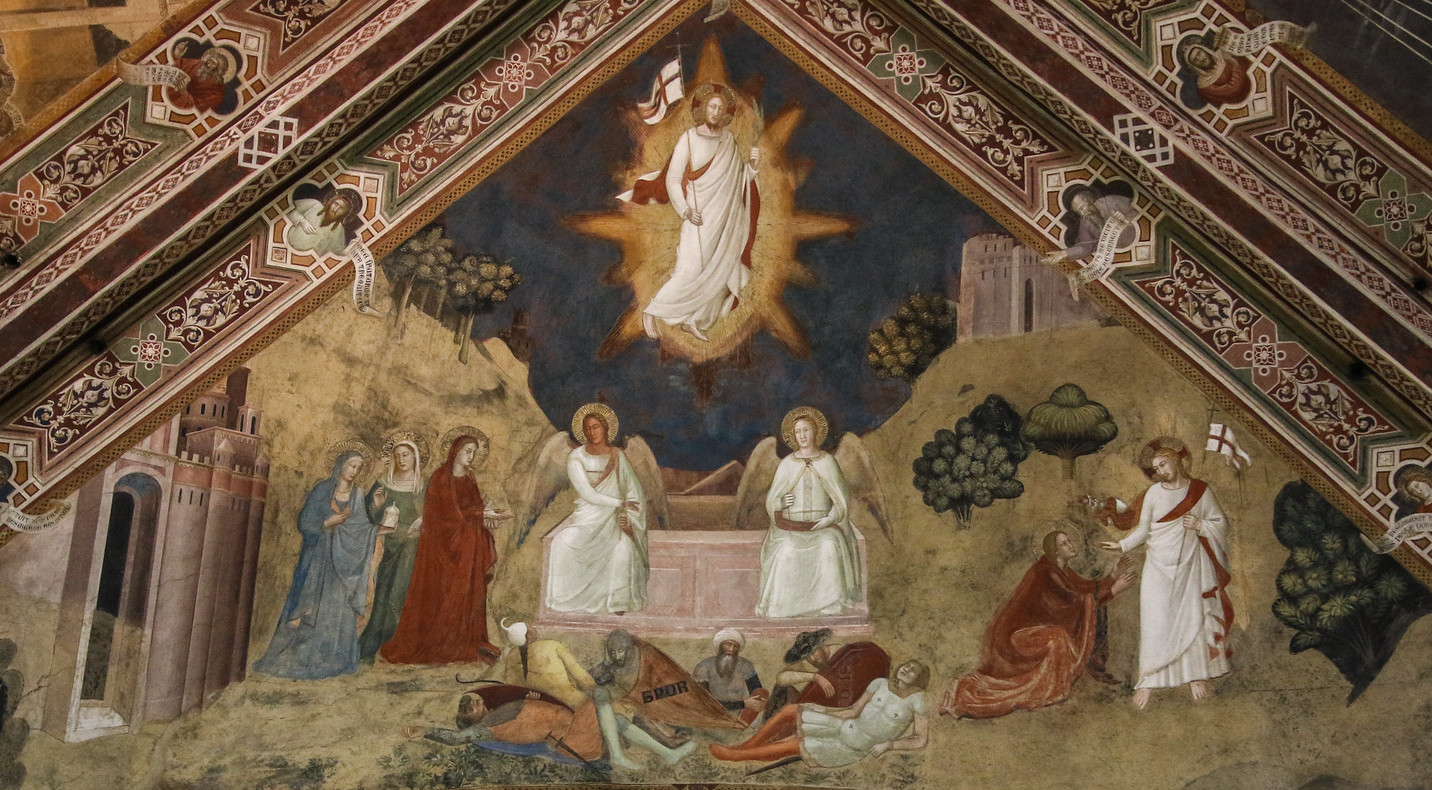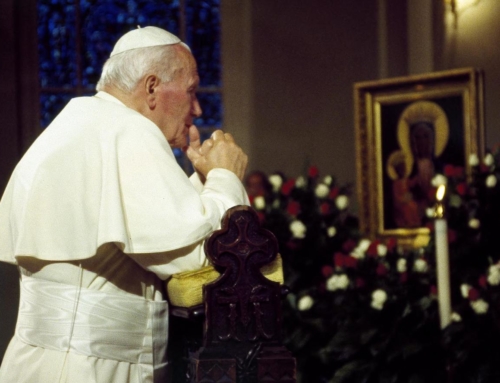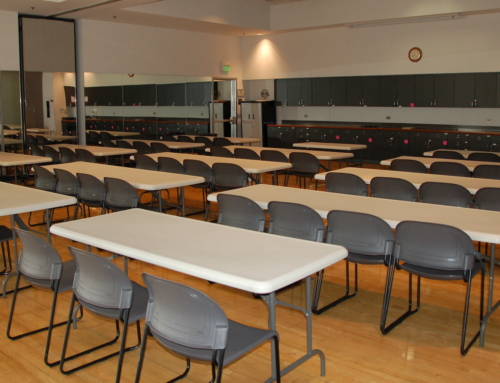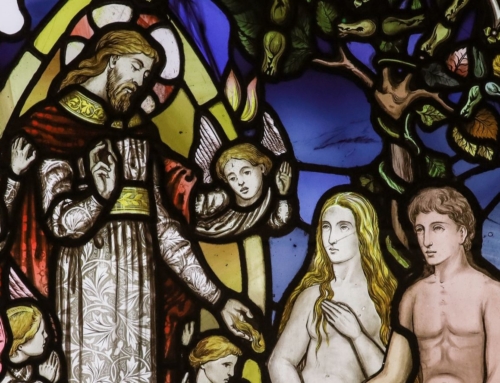Saint Paul’s exhortation in our first reading at Mass today underscores the importance of memory in the Christian life. I am reminding you, brothers, he says, of the Gospel I preached to you, which you indeed received and in which you also stand (1 Cor 15:1). The new Christians in Corinth had evidently gotten distracted, thus forgetting what Paul had handed on to them as of first importance, which he also received: that Christ died for our sins in accordance with the Scriptures; that he was buried; that he was raised on the third day in accordance with the Scriptures (1 Cor 15:3-4).
Surely for us, when we were on the way out of the Easter Vigil or on the ride home from Easter Sunday Mass, these very same saving truths were freshly impressed upon our minds, along with their accompanying sights, sounds, and scents. But now, over two weeks later—when the sanctuary lilies are mostly wilted, the trumpet descants of “Jesus Christ Is Risen Today” have grown faint, and the humdrum of life might just have regained control—what about the Gospel preached to us, which we indeed received and in which we so recently stood exultant?
The old adage “out of sight, out of mind” is instructive here. Human beings are thinkers, yes, but we are first sensors. What we take in through our senses, we then contemplate with our minds. Thus, the student who frequently practices his vocabulary cards learns and remembers them. The more he associates images and sounds with particular words, the better.
In the things of faith, which now we see in a mirror dimly and know in part (1 Cor 13:12), the logic of learning is the same, but the stakes are all the higher. Eternal salvation is on the line, and supernatural truth exceeds the natural bandwidth of the human mind and totally transcends sensation. Which means we need help, lest heaven fall out of sight, out of mind, and out of reach.
Christ gives us this help, for he has designed salvation mnemonically. He became human precisely to save us in a proportionately human way, as both thinkers and sensors. Everything Jesus does, from his conception through his Passion, Death, Resurrection, and Ascension, even unto his presently veiled presence in the Eucharist, is both sensorial and intellectual—and thus eminently memorable.
Indeed, the whole religious infrastructure of the Catholic faith—its trove of signs and symbols, tradition and teaching, and, above all, the sacramental economy itself—serves to cure the existential amnesia that we inherit from the Fall and exacerbate by our own sins. When we are tempted to slip forgetfully back into pre-Easter ways—to seek the living among the dead (Luke 24:6)—the men in white outside the empty tomb prompt us: Remember how he told you that the Son of Man must be delivered into the hands of sinful men, and be crucified, and on the third day rise (Luke 24:6-7). Jesus told them, and he has told us, that his Word is the word of the Cross, the power of God and the wisdom of God (1 Cor 1:18, 24), which alone yields the Resurrection and so swallows up death in victory (1 Cor 15:54).
This work of Easter vigilance—of daily remembering the Resurrection—is the natural exercise of living faith. By it, Jesus both illumines us from on high and transforms us from below, sanctifying our senses so to set our minds on the things above, that our life might be hid with Christ in God (Col 3:2-3).
Living faith thus demands that we both believe the truths that God reveals and do the sensorial-intellectual things that God commends for our salvation. We are to contemplate and to act from our contemplation. If you believe in your heart that God raised him from the dead, and if you confess with your lips that Jesus is Lord, then you will be saved (Rom 10:9). This basic human dynamic of heart and lips, soul and body reaches its climax, of course, at Mass. There, the Paschal Triduum is exteriorly recalled, and its effects are interiorly communicated: the name of Jesus rises from the heart and exits the mouth, while his soul and body, blood and divinity enter the mouth and heal the heart. Do this in memory of me (1 Cor 11:24).
✠
Photo by Fr. Lawrence Lew, O.P. (used with permission)







